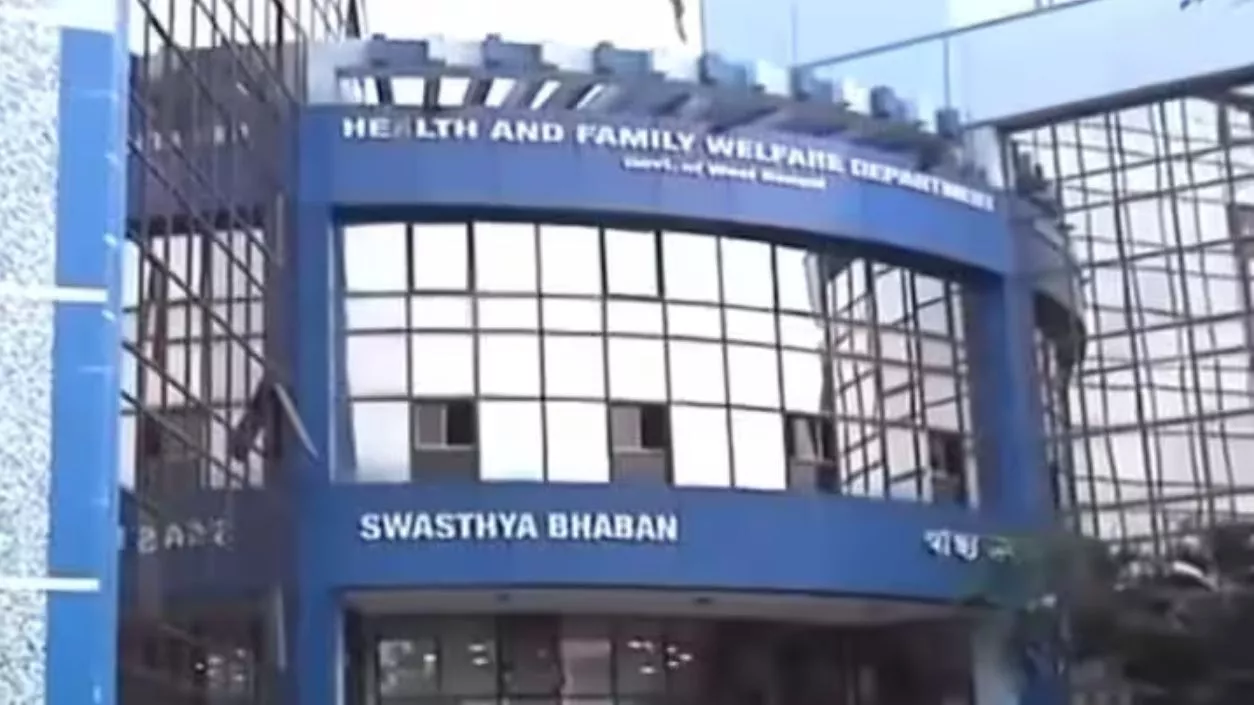.gif)
.gif)

At least 111 people in Pune, Maharashtra, have been diagnosed with Guillain-Barré syndrome (GBS), a rare neurological disorder where the body’s immune system attacks the peripheral nerves, leading to muscle weakness and, in some cases, paralysis. One death linked to the syndrome has been reported in Maharashtra, which has raised concerns about the spread of the disease to other parts of the country, including Kolkata.
Guillain-Barré syndrome is not a new condition in India or West Bengal. Health Secretary of West Bengal, Narayan Swarup Nigam, stated that the syndrome has been observed sporadically in various regions, including Kolkata, with cases occurring across all age groups. GBS often follows an infection, commonly from a viral or bacterial source, such as respiratory or gastrointestinal infections, and causes the body’s immune system to mistakenly attack its own nerves.
Health experts highlight that Guillain-Barré syndrome can progress rapidly, with symptoms such as weakness or numbness in the limbs, which may later escalate into paralysis. In severe cases, it can lead to respiratory failure, making prompt diagnosis and treatment crucial. Although the condition can be life-threatening, timely medical intervention such as plasma exchange or intravenous immunoglobulin therapy can improve outcomes for most patients.
Despite the increase in cases in Pune, no new cases of Guillain-Barré syndrome have been reported in West Bengal in the last month. The state health department has confirmed that there is no immediate threat in Kolkata or other parts of Bengal at this moment. Authorities are monitoring the situation closely and continue to emphasize the importance of early detection and medical intervention. The syndrome remains a rare condition, and most individuals who are diagnosed with it can recover with appropriate care, though some may experience long-term symptoms.